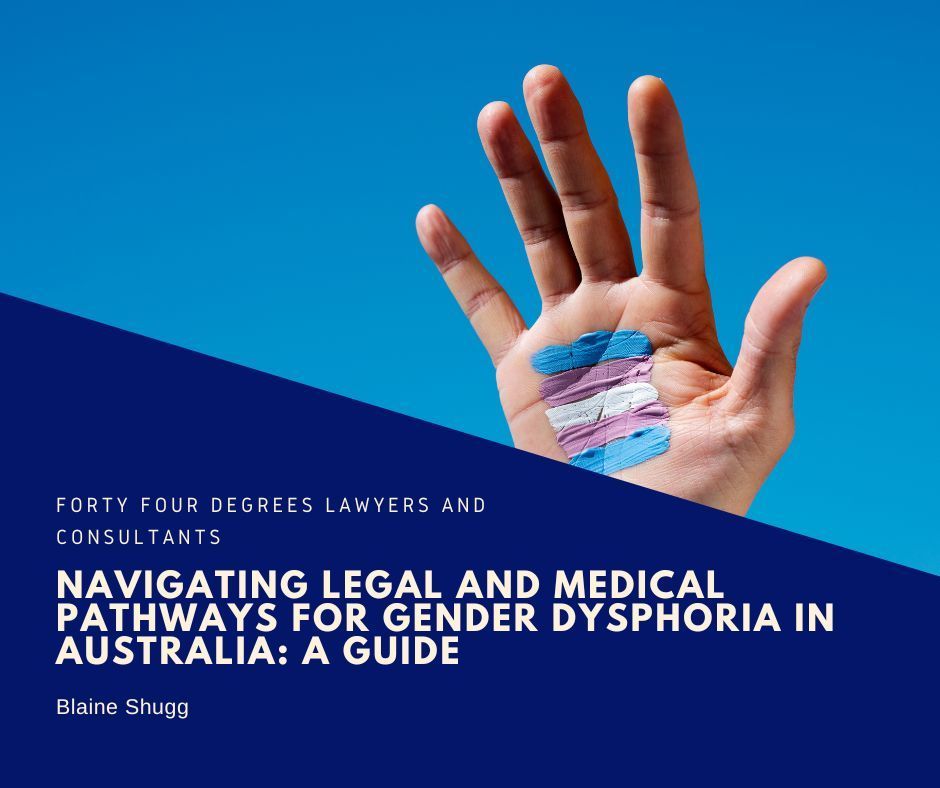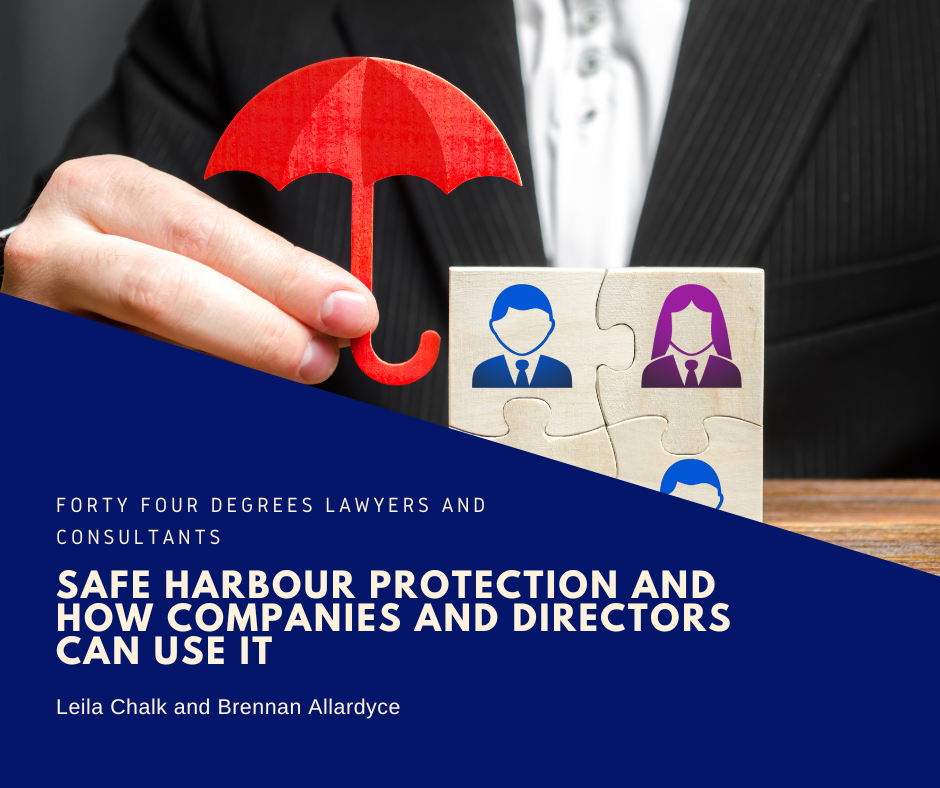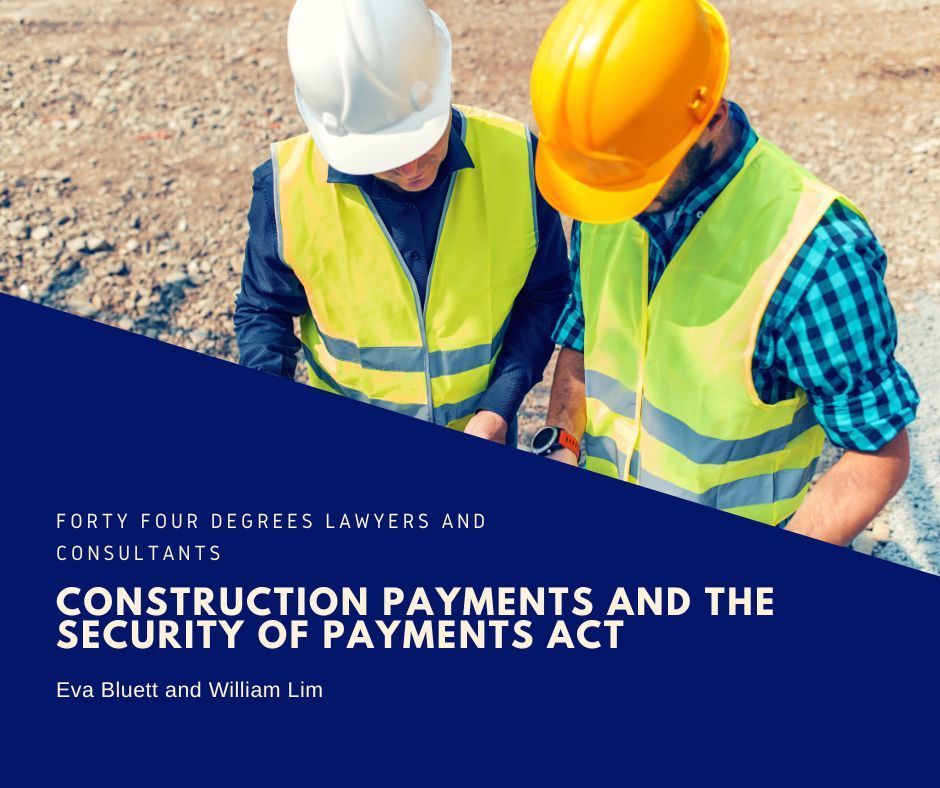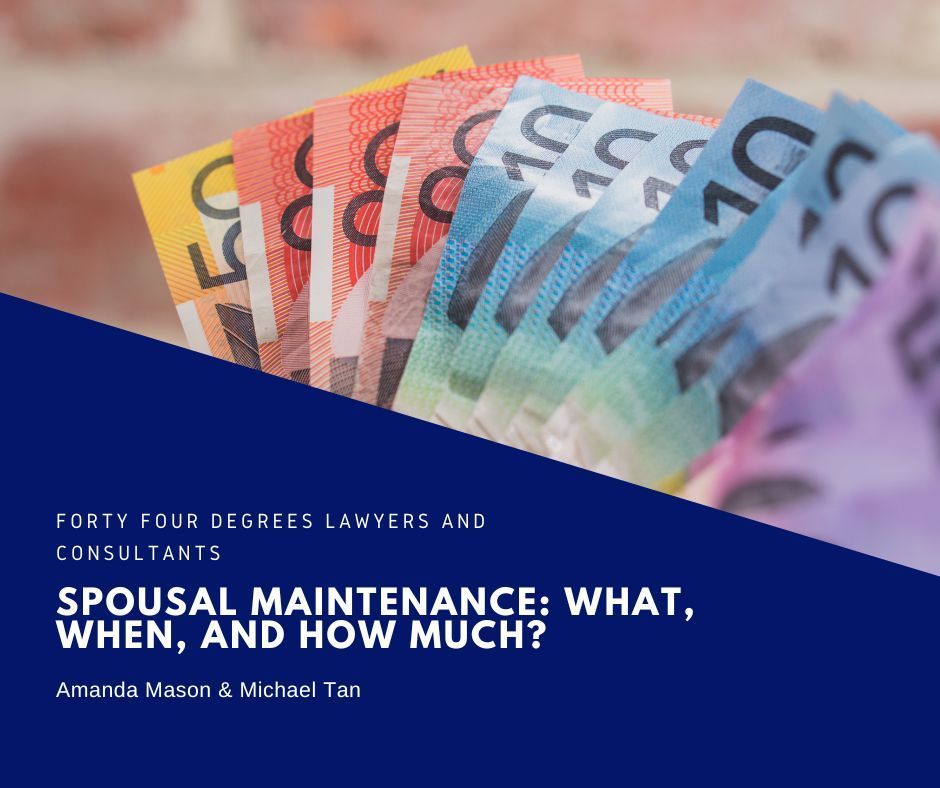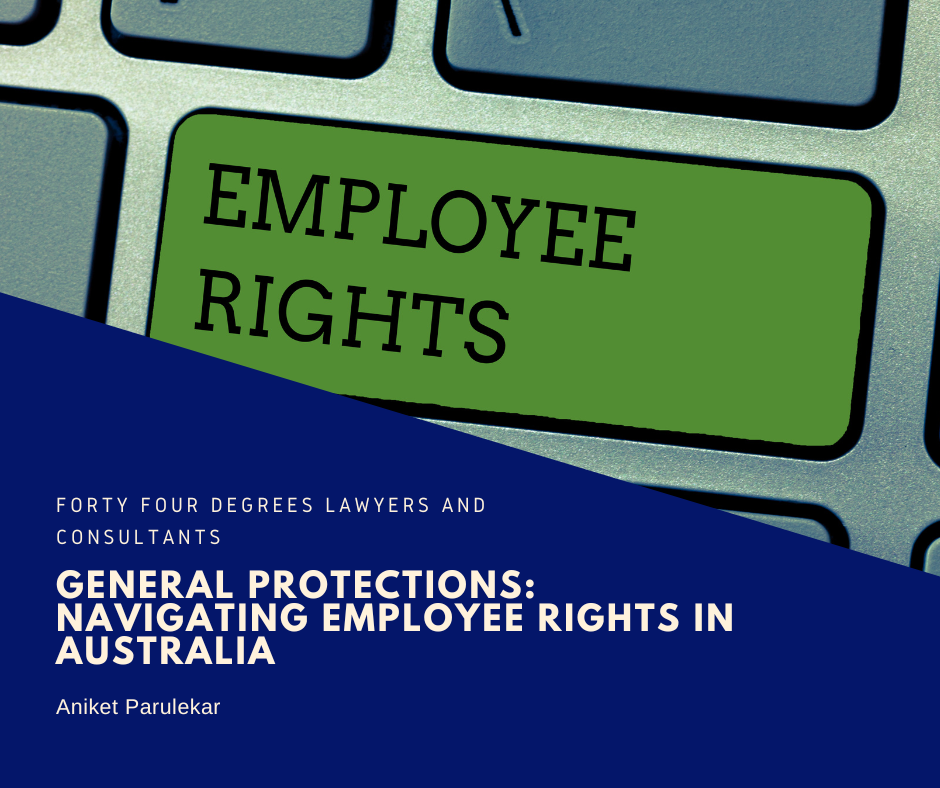IOOF case update
Hana Lee • Oct 02, 2019
Is your superannuation fund acting in your best interests?

If your superannuation fund is IOOF, the Court says yes.
In Australian Prudential Regulation Authority v Kelaher [2019] FCA 1521
and following off the back of a Royal Commission case study on IOOF, the Federal Court of Australia found in favour of the IOOF Superannuation trustee and rejected the Australian Prudential Regulation Authority’s (APRA) claims that IOOF directors and executives failed to act in the best interests of superannuation fund members under sections 52 and 52A of the Superannuation Industry (Supervision) Act 1993 (Cth).
The Federal Court found that APRA misunderstood the “best interests” requirement, which requires that directors and trustees of superannuation funds act in the “best interests” of members. APRA argued that the IOOF entities should have sued third parties or use IOOF entities’ personal funds, rather than pay compensation from the beneficiaries’ own funds. This was a conflict of interest in preferring the entities’ shareholders’ interest over those of the beneficiaries.
Justice Jagot rejected APRA’s submission that the trustees should be held to a “more intense” version of the duty in all day-to-day decisions which materially and immaterially affect the fund, particularly those relating to the trustee’s duty to properly inform itself. The version of the “best interests” test put forth by APRA was found to be both onerous and impractical. The correct test for whether a course of action is in the client’s best interest involves an objective weighing up of competing considerations. Reasonable minds may differ in this approach.
Trustees operate in highly complex environments and are often required to make balanced judgments. For example, how does a trustee decide whether a more expensive insurance policy offering higher benefits compared to a cheaper policy offering lower benefits, benefits the members as whole? It is difficult for regulators to prove a trustee’s exercise of discretion and how they fell short if they solely rely on documents created by the trustee. In this case, APRA failed to prove that the IOOF entities had not given full and proper consideration to the beneficiaries’ interests. Nothing in the relevant legislation and policy guidelines prevented reserve funds from being used to compensate beneficiaries for trust losses. The ongoing stability of the superannuation funds or their ability to withstand future operational risks was not threatened.
The learning lesson for APRA? Be cautious when relying on general standards of duty to admonish potentially improper conduct. In future cases, APRA will likely rely on other enforcement tools such as license conditions, or breaches of prescriptive provisions, rather than general duties based on the exercise of judgment.
The learning lesson for superannuation trustees? Expect increased scrutiny.
Contact Us
We’re an Australian Law Firm promoting a nuanced, personal touch. We have the skills you need to resolve your case quickly and with a positive outcome. Our straight talking team stays close to simplify what is most often a complicated process. We help individuals and businesses with technology and startup law, property law including conveyancing and leasing, commercial law, civil litigation, wills, estates, bankruptcy, insolvency, criminal law, and professionals facing investigations and charges from their regulatory body.
We have a connected network of talented lawyers in Melbourne CBD, Dandenong, Ballarat, and Ivanhoe East.
Fill out the form or call us on 1300 892 237.
Thank you for contacting us.
We will get back to you as soon as possible
We will get back to you as soon as possible
Oops, there was an error sending your message.
Please try again later or call us on 1300 892 237.
About Us
We do business your way.
203/ 50 Market St, Melbourne VIC 3000
50 Lydiard St South
Ballarat Central VIC 3350

